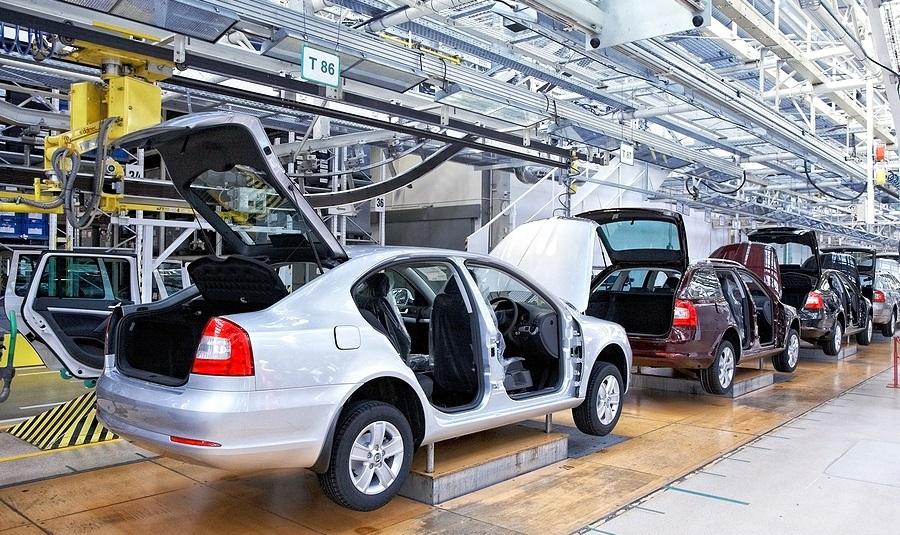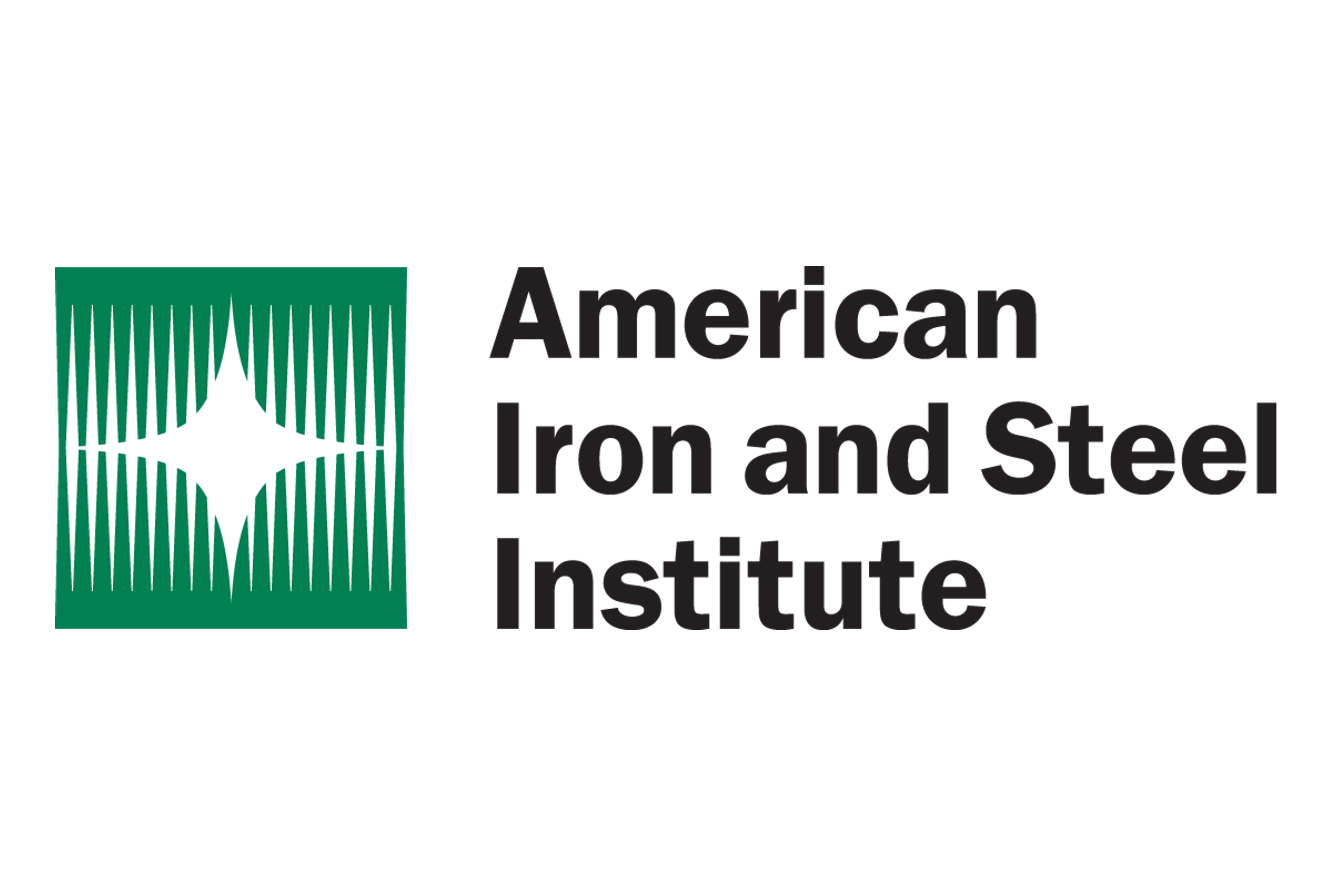Analysis

December 1, 2016
EPA and Auto Industry at Odds Over CAFE Standards
Written by Sandy Williams
The U.S. Environmental Protection Agency is calling for the agency to make a final decision on fuel economy standards for the auto industry before the Trump administration takes office.
The Corporate Average Fuel Economy (CAFE) and Greenhouse Gas (GHG) emissions standards, issued jointly by the EPA and the U.S. Department of Transportation, are up for review by April 2018 but the EPA is proposing the standards take effect after a comment period ending December 30, 2016.
The current fuel economy target calls for an average of 54.5 miles per gallon by 2025. A standard of 35 miles per gallon is expected for new 2017 models, increasing to 39 miles per gallon in 2020 and progressing toward the 2025 goal. Another review of the standards would be held about midway during the period.
“The administrator’s judgment is (that) now is not the time to introduce uncertainty by changing the standards,” Janet McCabe, EPA’s acting assistant administrator for the Office of Air and Radiation, in comments to reporters.
“April 2018 was a ‘no later than’ set forth in the 2012 rule,” she said. “There’s no required precise date in which the final determination needs to be done.”
Environmental and consumer groups praised the EPA proposal but the auto industry was hoping that Trump would roll back the requirements put in place under the Obama administration.
The auto industry argues that the CAFE requirements are too challenging for the industry to be able to meet within the proposed time period.
The Alliance of Automobile Manufacturers wrote in a memo to the Trump transition team that federal reports on emission standards “over-projects technology efficiencies and inadequately accounts for consumer acceptance and marketplace realities.”
“The combination of low gas prices and the existing fuel-efficiency gains from the early years of the program is undercutting consumer willingness to buy the vehicles with more expensive alternative powertrains that are necessary for the sector to comply with the more stringent standards in out-years,” wrote the alliance.
On Wednesday the auto alliance said the move by the EPA to advance the decision date is an “extraordinary and premature rush to judgment” that “circumvents the serious analysis necessary to make sure the CAFE/GHG (Greenhouse Gas) standards appropriately balance fuel efficiency, carbon reduction, affordability and employment.”
The Alliance of Automobile Manufacturers represents Fiat Chrysler, Ford, GM, BMW Group, Jaguar Land Rover, Mazda, Mercedes-Benz USA, Mitsubishi Motors, Porsche, Toyota, Volkswagen Group of America and Volvo Car USA.
Automobile manufacturers who do not meet the higher standards will be fined $5.50 for each tenth of a mile below the mile per gallon standard for a model year, multiplied by the number of vehicles it produces that are in non-compliance.
Elaine Chao has been picked by President-elect Trump for Transportation Secretary. Chao served as secretary of labor under President George W. Bush from 2001 through 2009. She also served as the deputy secretary of transportation under President George H.W. Bush from 1989 to 1981.







